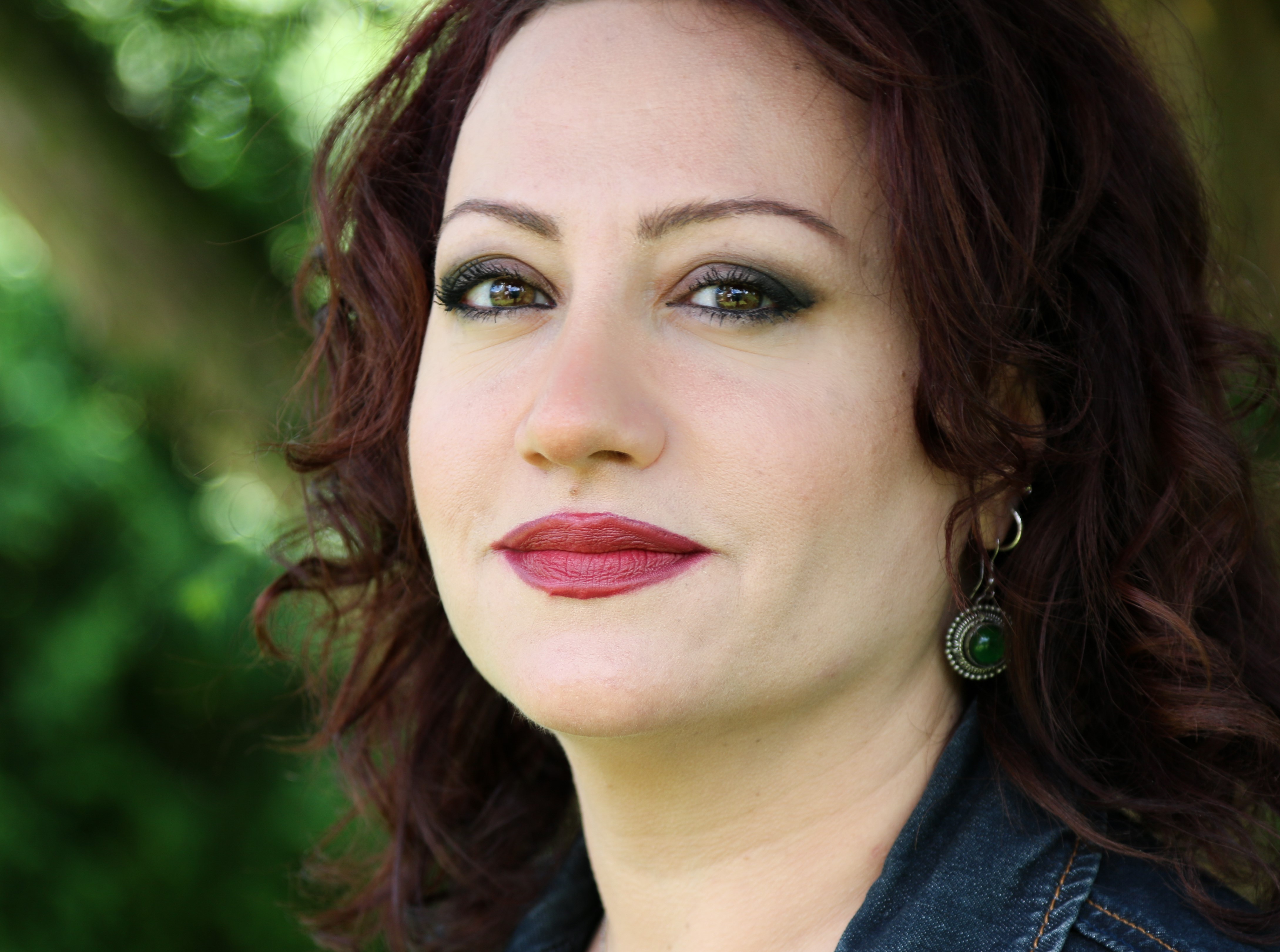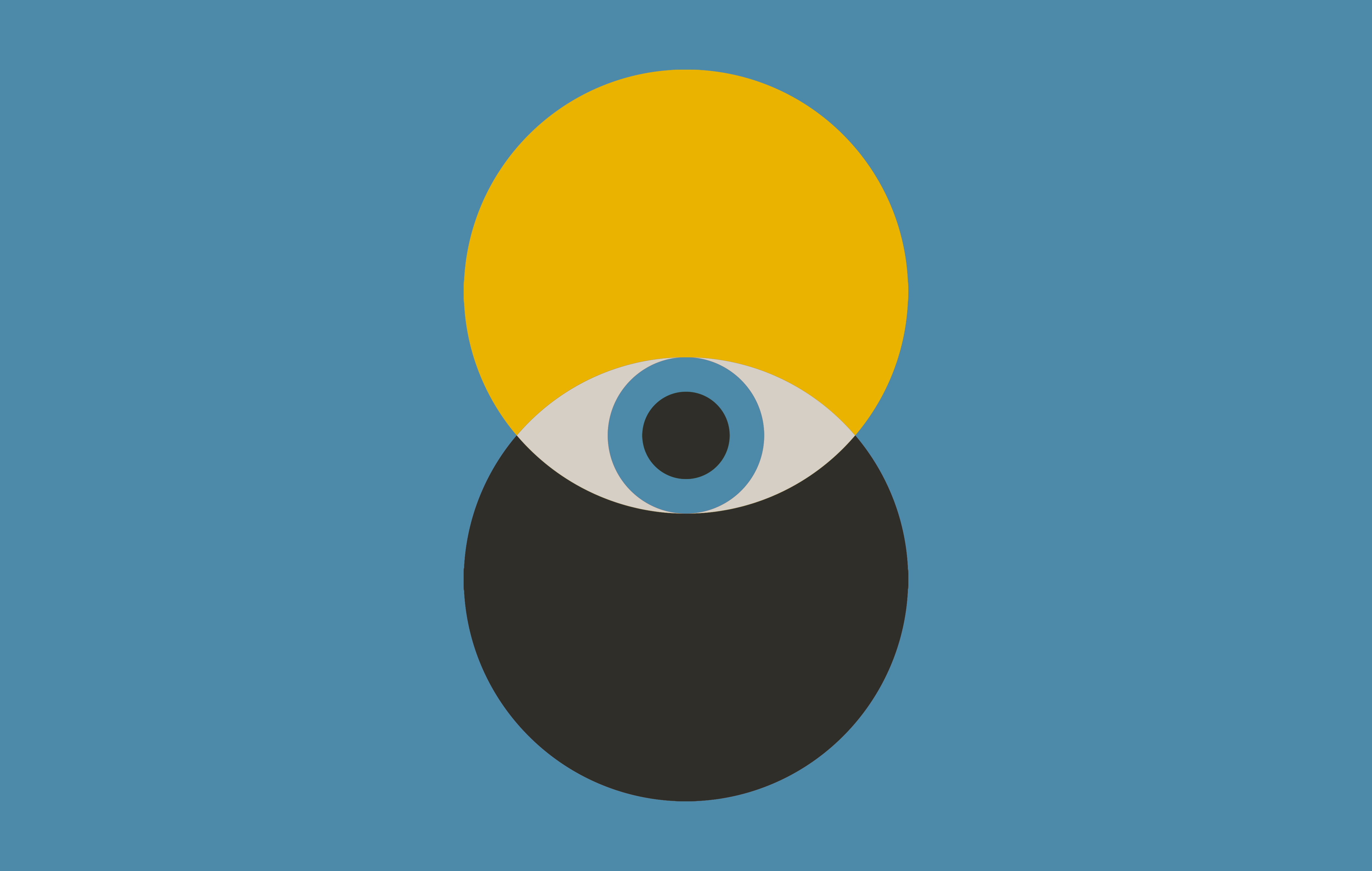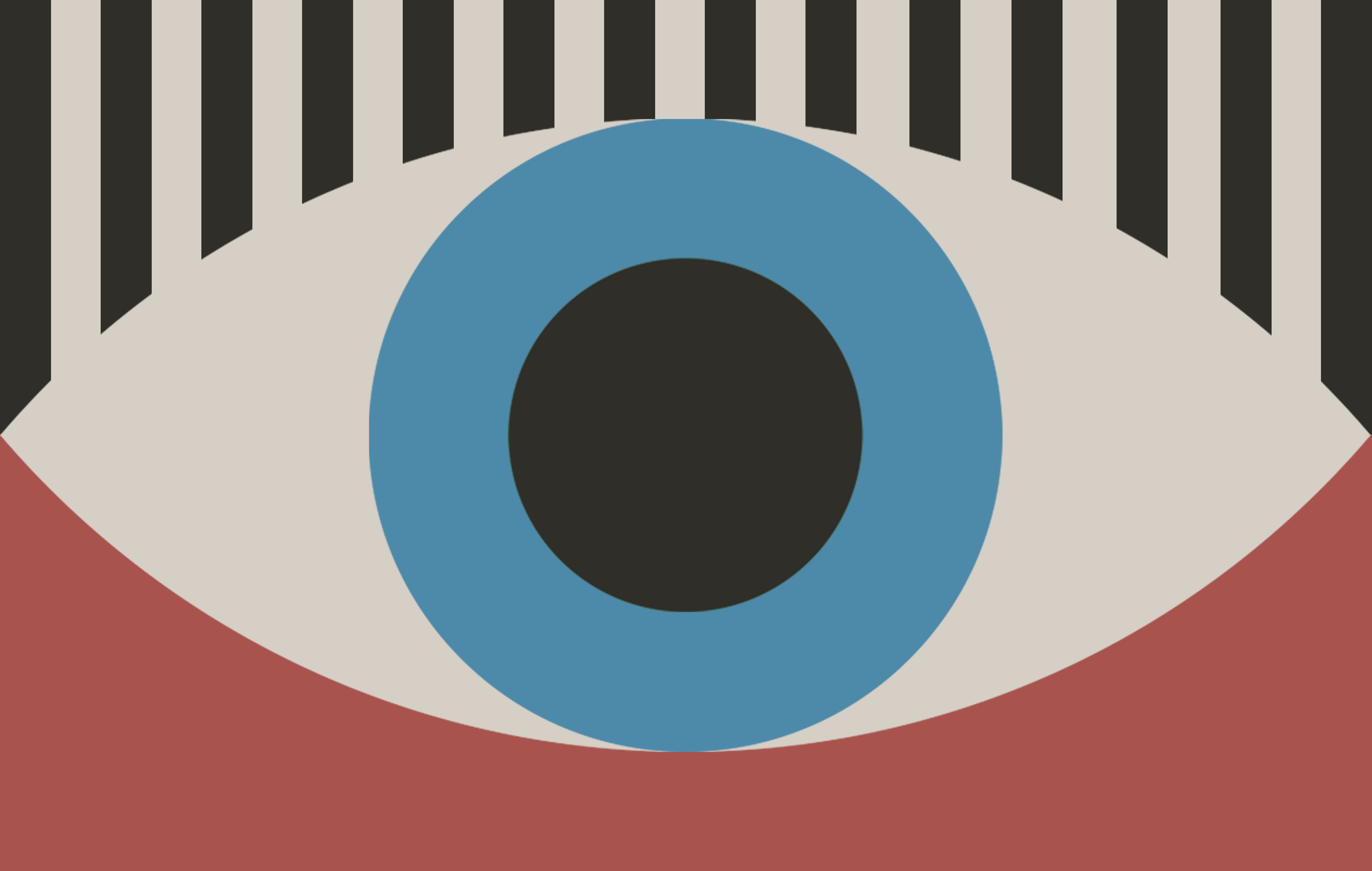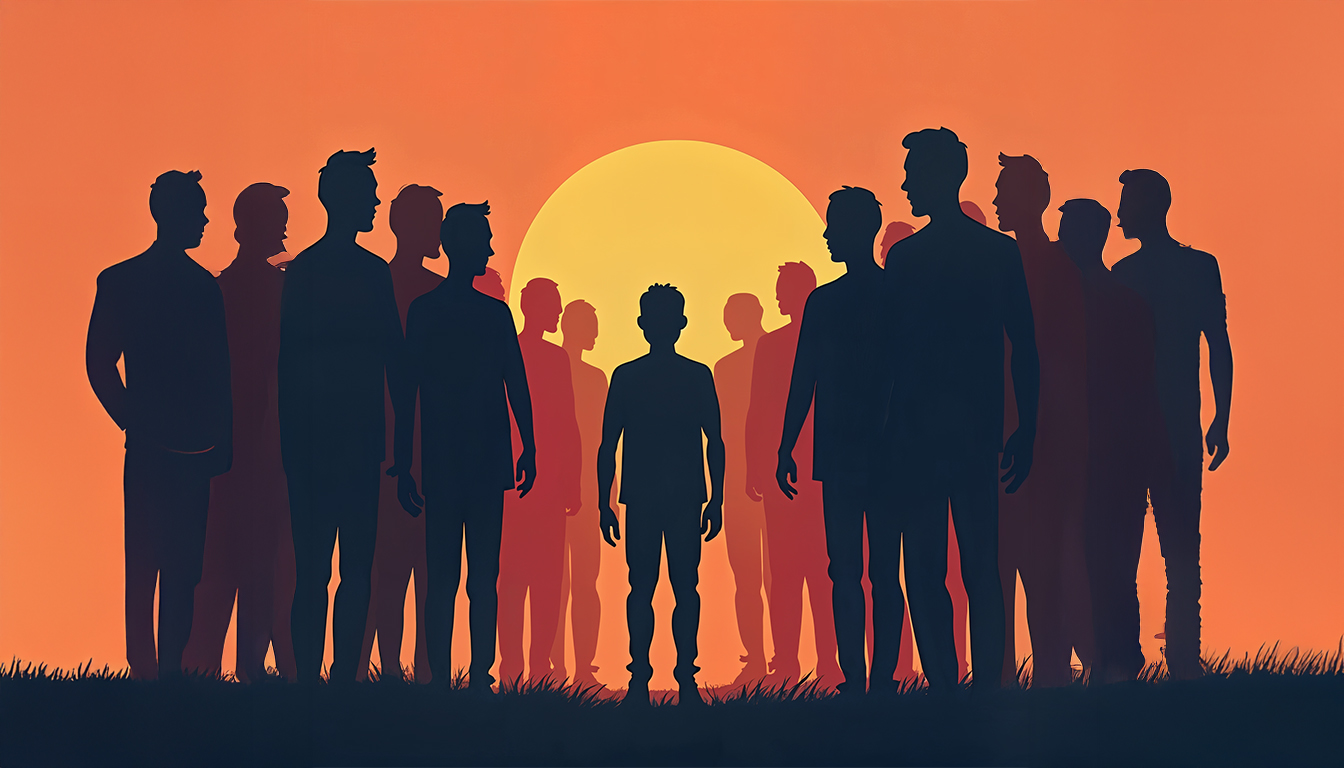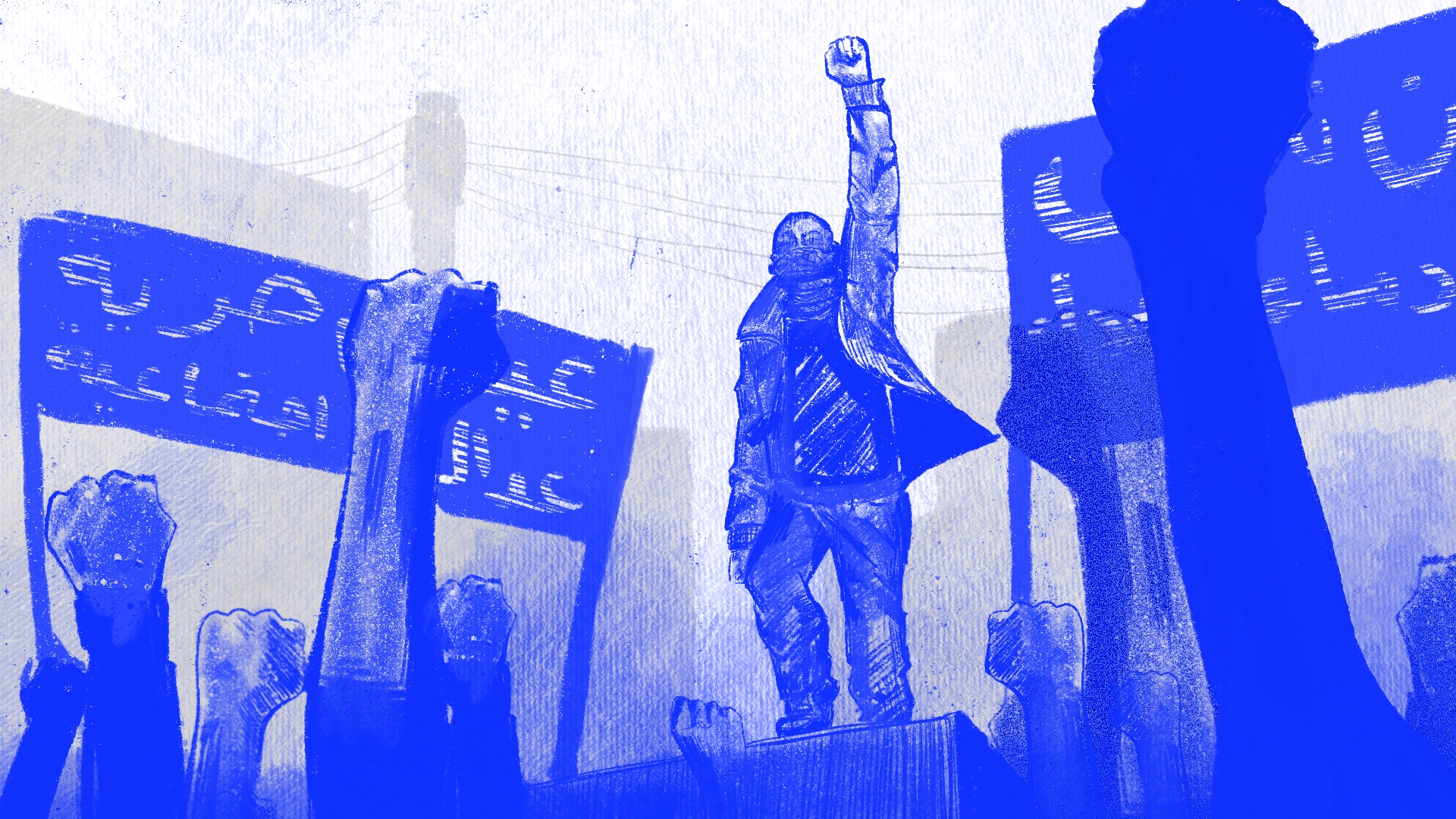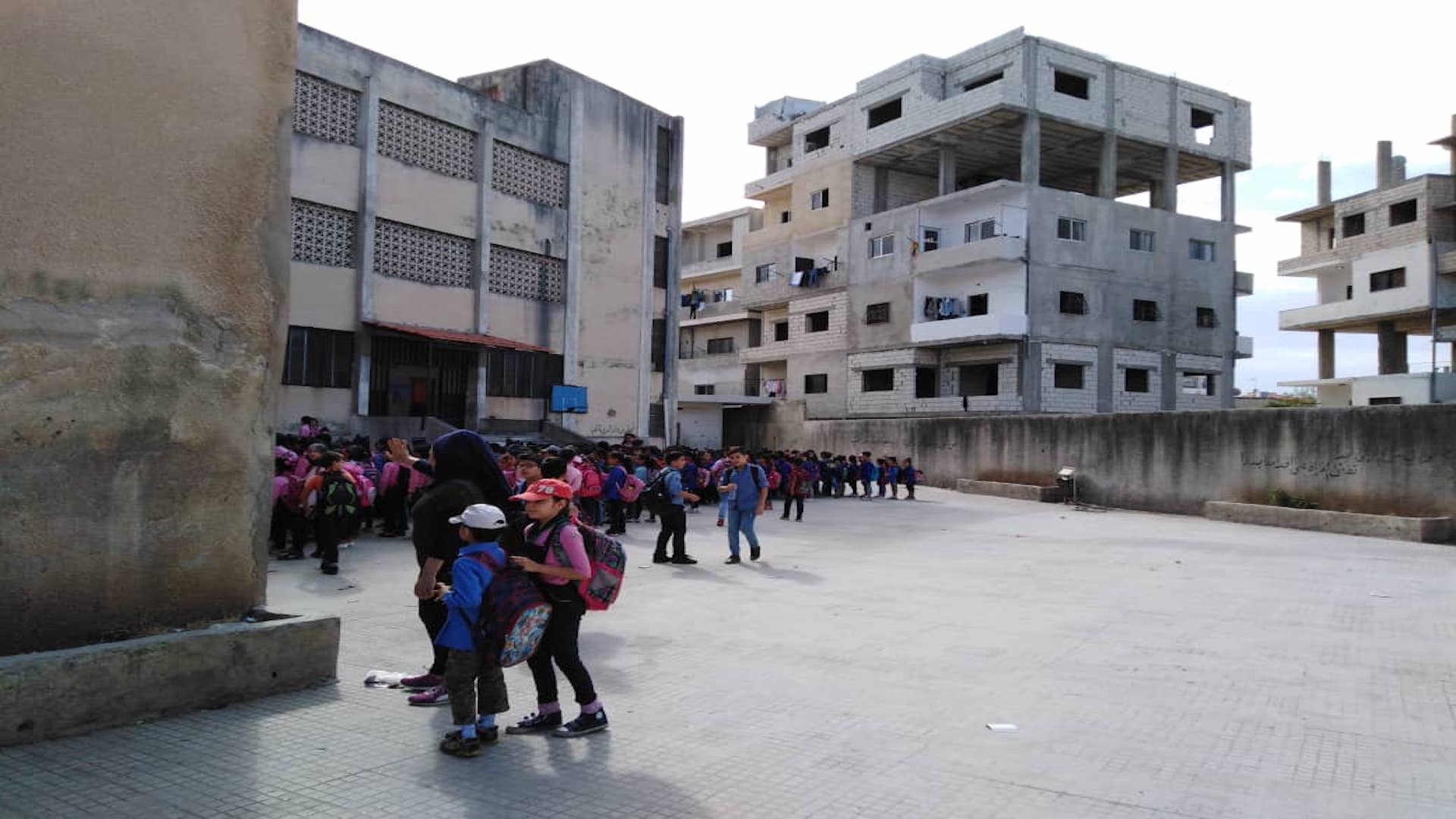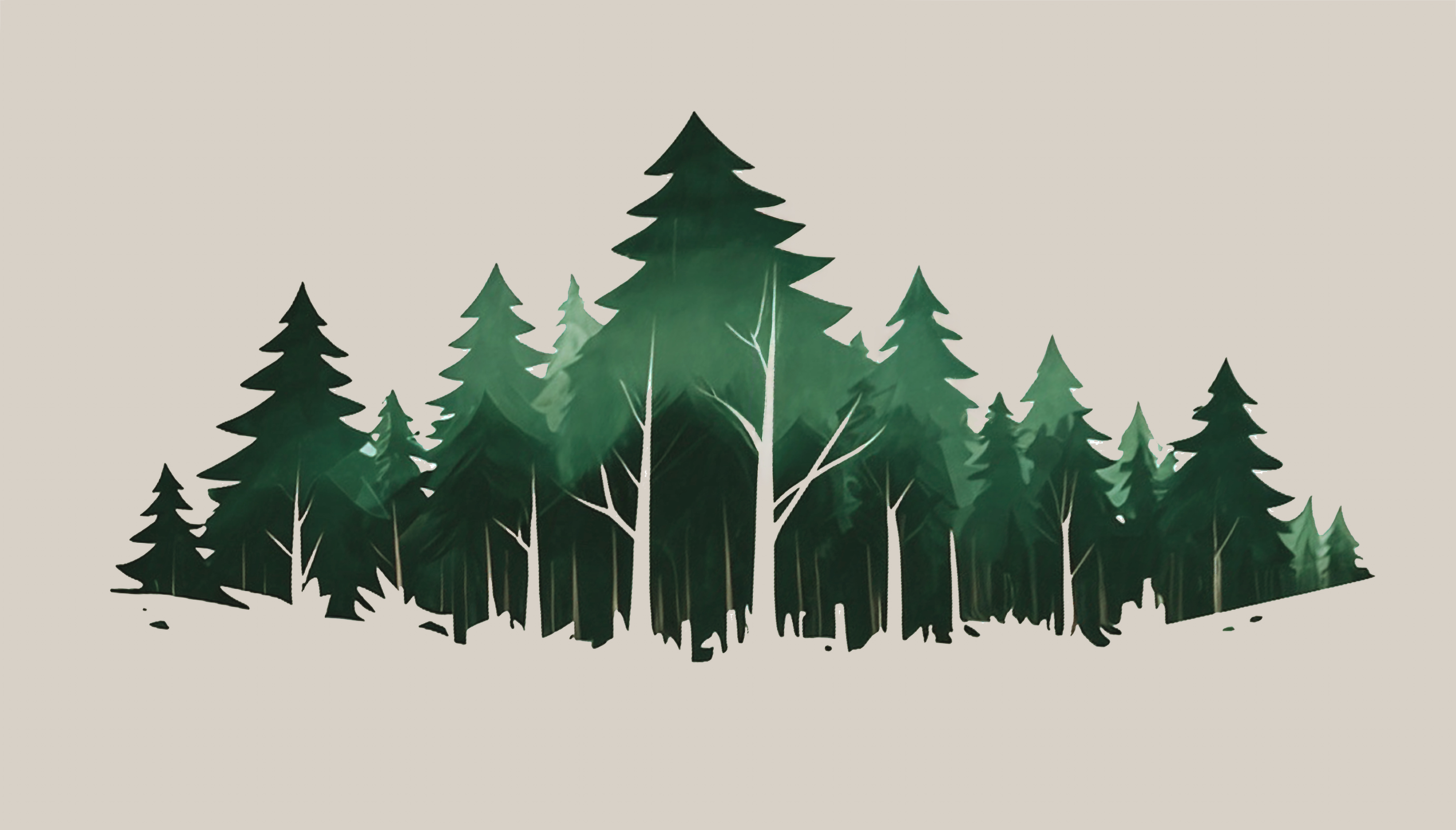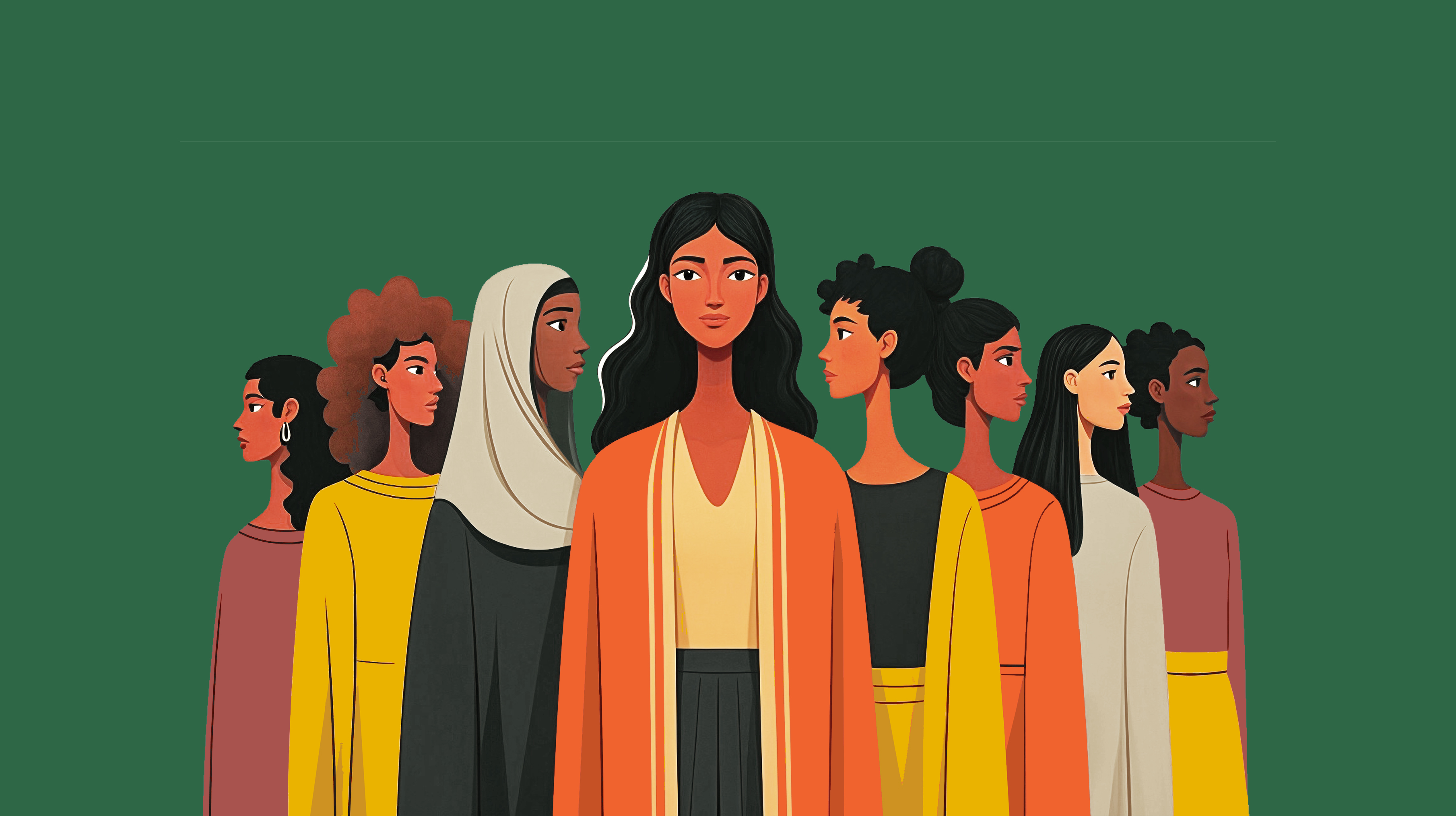In collaboration with SyriaUntold, Daraj is currently publishing a series of testimonies from survivors of the Coast massacre, as documented and recorded by Syrian writer Rosa Yassin Hassan.
The sheikh, arriving with the armed group, walked in front of a line of young men from the village. They had been gathered from their homes and dragged captive to the square. He sauntered in front of them, looked at them, studied their faces, and then pointed to one of them so his men could shoot him. The young man collapsed to the ground, like someone playing Eenie Meenie Miney Mo! That sheikh, on that day, was the sole decision-maker, arbitrarily choosing who should continue life and who must bid it farewell.
A survivor of the massacre told me this story shortly after we arrived in the village of Shalfatiyah in the Latakia countryside. He held a piece of paper with some of the names of the square's victims: Fadi and Ali Aslan, Afif Aslan and his two sons, Qutaiba al-Qaddar, Nabil Hassoun, Nabil Othman, and Hassan Qais Mahla…
When I arrived at the village square with the relief team I was working with, we were the first group to reach the village, just two days after the massacre that took place on 8 March 2025. The blood still covered the ground, a testament to the story of the young survivor. We were a diverse group of seven volunteers, both male and female, from all sects. I am from Latakia, and my companion is from Kafranbel. He took refuge with his family in Latakia after the Assad regime's attack on civilians there. "Those who have experienced injustice and oppression cannot oppress and subjugate others,” he told me. “And that is why I am here with you."
About Mila, who was killed but did not die, and Mira, who was not killed but did die
26 March 2025
The smell of death is pervasive, the air heavy and cold, and silence fills the area after the storm. Most of the food, pharmaceutical, and other stores in Shalfatiya were burned, and those that weren't were looted to the ground. Homes, cars, and agricultural machinery were completely burned along the streets and in the surrounding farmland.
We unloaded the food baskets and boxes of medicine we had brought into the center of the square. The place felt like a ghost village. Despite our efforts to make our voices heard, calling out to the residents so they could come and collect aid, and despite some of our doctors going from house to house to examine the sick and wounded, people didn't dare come out of their homes to meet us. Most were convinced that anyone who left their home would be killed. Others simply refused to interact with any stranger, even if that stranger had come to help them.
The situation was tragic. The village had been without food, medicine, or water for days, but the fear in Shalfatiya that day was far more powerful than any other need.
We carried the food baskets and medicine from house to house, knocking on doors. Some refused to take help or even speak to us, their eyes filled with fear that overwhelmed us. I ventured into one of the narrow alleys of the village and was surprised to find a group of children playing near the doors of their homes. They froze, terrified. One of the children began to cry hysterically, her wide eyes filled with an indescribable terror. Soon, the crying spread to the other children. They thought that we—these strangers—had returned once again to kill them. The killing here had been random. They had entered homes, killed the inhabitants, robbed, looted, and burned everything. Barbaric hordes wreaked destruction, killing and looting.
Aya, who was no more than six years old, continued to cry hysterically in her father's arms. Neither the juice box nor the biscuit I gave her, nor the loving words I tried to reassure her with, could stop her crying. Aya parents' house was riddled with bullets, and for hours, her father held her in his arms, lying on the floor to avoid being hit by stray bullets. That day, a group of armed men entered the house, smashed all the furniture, and stole everything: money, gold, ID cards, and even the property deeds. But they didn't kill them. The father sobbed the entire time, and nothing could calm him down. I kissed his head, hoping he would calm down, at least in front of the children... but it was in vain. My friend from Kafranbel cried with him. I told him, "We have a food basket for you." He angrily shouted at me, "I don't want food baskets. I want to get out of this country." How will Aya ever forget what happened?!
When I arrived at the village square with the relief team I was working with, we were the first group to reach the village, just two days after the massacre that took place on 8 March 2025. The blood still covered the ground, a testament to the story of the young survivor.
The initiative we launched was primarily due to a lack of initiatives. We gathered a group from all sects to provide relief to the people of the stricken coast after the massacres that continued for a full week, starting Thursday 6 March 2025. We left, accompanied and protected by General Security. Before that, I had attended the preparatory sessions for the National Dialogue Conference called for by the new government. I met with interim President Ahmed al-Sharaa when he came to Latakia to meet with the people there. My opinion was clear: Words are nice, but they are just promises. We want action. And they were actions we could not have imagined.
On the outskirts of the village, in an agricultural area, there are two adjacent houses belonging to two brothers from the Zamzam family. The surviving brother had to watch everything unfold from his window overlooking the courtyard of his brother Ibrahim's house. He heard and saw him being killed with his own eyes, unable to utter a groan.
Five armed men entered the courtyard that day, and the brother, the owner of the house, brought out plastic chairs and several cups of tea for the gunmen. They began to talk, saying, "We are coming to protect you from the remnants and the terrorists. We are all one people... Do not be afraid!"
– May God protect and strengthen you.
These were the last words he uttered. As they were leaving the courtyard, one of the gunmen turned to him and fired several bullets, killing him before they could complete their entry into the village. Shortly after, and within sight of him, he saw them throwing grenades at two houses, completely burning them down. There were houses that the militants had entered while their owners were not there. With no money or gold to steal, they started opening the gas cylinders to spread the gas, then would leave and throw bombs to burn the entire house down. In one of those houses, I found part of a room that hadn't been touched by the fire. No one knows the fate of the family: killed, fled, or kidnapped. There, in the corner, I found a collection of photos of the children of the house. I tucked them into my clothes and brought them with me, just as a good omen that they weren't dead, and that one day I would meet them and return their photos to them.
“To whom will I say good morning from now on!”
20 March 2025
My companion from Kafranbel remained sullen the entire way. After a while, he broke the silence to say, "How long will the wheel of oppression continue to turn, crushing this country and its people?"
The same question resurfaced when we returned from a visit to another village called Ain al-Arous in the Latakia countryside.
The massacres that took place in the Latakia countryside during that bloody week were largely similar to those in most villages, except that vast areas of forests, agricultural land, and trees were black and charred on both sides of the road. At the intersection leading to Qardaha, two General Security vehicles were completely charred. Our team this time was also the first relief team to reach the stricken village.
The main road leading to the city of Qardaha cuts across the village of Ain al-Arous into two banks, with houses scattered along both sides of the road. All of these houses were damaged; more than 25 were completely burned, and the rest partially. I counted them one by one. All the shops were looted and then burned. The methods used were mostly the same: they opened a gas cylinder and left it there for a while until the gas filled the area, then threw the bombs from outside, burning the entire house or shop.
Most residents of the houses located inland, relatively far from the main road, were able to flee towards the nearby Hmeimim Airport, the Russian military base southeast of Latakia. Some people fled to the fields and farmland, but those who could not leave their homes or were close to the main road suffered the greatest blow. The Al-Jahni family, for example, had two disabled members killed in their home, while the Aslan family was completely wiped out: the man, his mother, his wife, and his daughter Julia. What is striking is that the militants insisted on stealing the ownership papers from the houses that were robbed, not just the gold and money.
Because we work in relief, and because life, not death, is what matters to us, we tried to focus our efforts on the people who remained. We didn’t try to know the number of victims or their names, but death was always with us. Lists of the dead were thrust in our faces, tales of death, details of the massacre and its news, and heartbroken eyes followed us every moment we spent in the village. Next to the school, almost at the center of the village, we set up an improvised medical point. However, the villagers who survived didn’t dare leave their homes or even come to the medical point, which they desperately needed. Here, too, we wandered from house to house, begging them to come for an examination or to take some medicine, as there was a severe shortage.
I ventured into one of the narrow alleys of the village and was surprised to find a group of children playing near the doors of their homes. They froze, terrified. One of the children began to cry hysterically, her wide eyes filled with an indescribable terror. Soon, the crying spread to the other children. They thought that we—these strangers—had returned once again to kill them.
-We are unarmed, relief workers. We have no public security personnel or armed men with us.
We assure them in vain, but there are still residents who are not sleeping in their homes, even though they remain alert, so that if they hear any strange noise, they run to the fields.
-What should we do? Should we stay in our homes or leave the village?
An old woman suddenly asked me. Everyone is convinced that the massacres that took place could happen again at any moment.
The killing here in Ain al-Arous was different. No one knows why this armed faction’s actions differed from those of other factions in other villages, who killed people in their homes or in front of them. Here, they forced people out of their homes and into the fields, where they were shot. This meant that the villagers witnessed fewer murders. But there are hundreds of documented victims, and many more don't know where they are. The bodies are still in the fields, and no one dares to go out looking for them. To this day, there are sniper attacks, and no one knows who is doing the shooting! But in any case, what happened here in this village is similar to what happened in most of the villages that were targeted: an attack by barbaric beasts who came like Tatar hordes, making no distinction between innocent and civilian. They didn’t ask about the weapon or the profession of those they killed. Everyone was subject to murder: the elderly, children, and defenseless women. There was a family from Idlib who worked in the lands there, and they were killed in their fields.
The Syrian Coast After the Fall of the Syrian Regime
10 January 2025
- By God, we know that they were wronged, but why did they wrong us again? I know that the wounded do not wound others.
- Who are these people, aunt? Those who killed you are criminals, not locals.
My friend from Kafranbel answered. She was a woman with four children. They killed her husband, but in front of his house when he went out to ask them what they wanted. She nodded and remained silent. This woman's library, which she owned across from the school, was burned, and she was left without a breadwinner or a source of income.
My friend told me then: "It's as if she was my mother when we were forced to flee Kafranbel after the Assad regime's attack on us."
Yes, the same scenario is being repeated over and over again, as is the tyranny of fear and oppression. No one knows how lives and homes will be restored, how they will return to live in them. What the coastal villages need is not trucks carrying food baskets and a few boxes of medicine. The matter is much bigger than that, and beyond the capacity of a relief group, as happened to the victims after the earthquake or the waves of refugees. Only international or UN efforts may succeed in healing deep psychological rifts, repairing homes as well as people, and perhaps restoring people's confidence in a future country they fear. The sun set on us in the village, plunging us into deep darkness. The area had been without electricity or water for many days. Those with a well in the fields distributed water to their neighbors. We were plunged into a darkness as if it had enveloped us inside, and I kept repeating to myself what my friend from Kafranbel had said: "How long will the wheel of oppression continue to turn, crushing this country and its people?"
On the outskirts of the village, in an agricultural area, there are two adjacent houses belonging to two brothers from the Zamzam family. The surviving brother had to watch everything unfold from his window overlooking the courtyard of his brother Ibrahim's house. He heard and saw him being killed with his own eyes, unable to utter a groan.
They say that there are journeys that change people's lives, opening doors to new worlds. Those journeys did indeed change my life, but they opened it to nightmares from which I don't know when I will wake up!
1 This was repeated in most of the affected coastal villages, especially in the days following the massacres. People were afraid of all strangers, even relief workers, and some feared that the food was poisoned.
2 The confiscation of property deeds from civilians has occurred previously by forces of the former regime in many areas, for example following the massacres of Baniyas and Al-Bayda in 2013.


